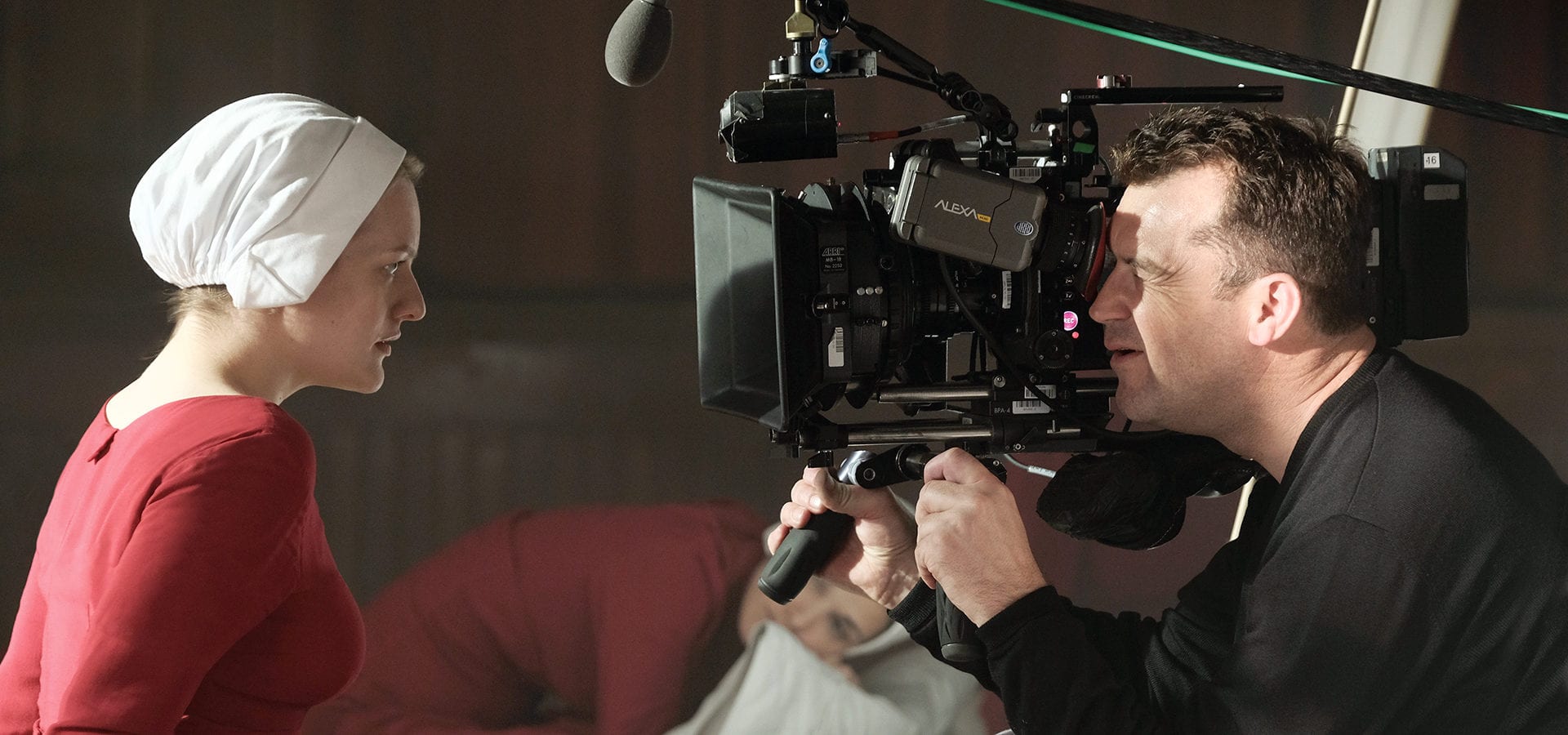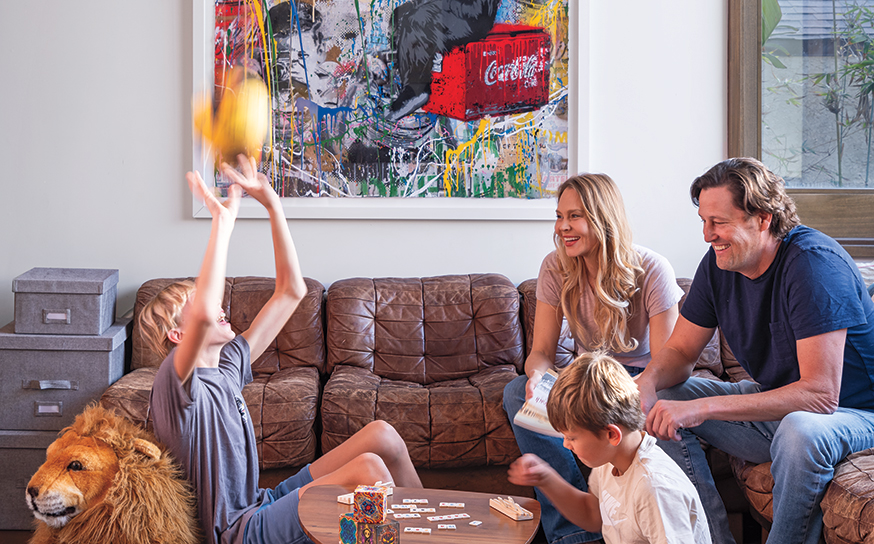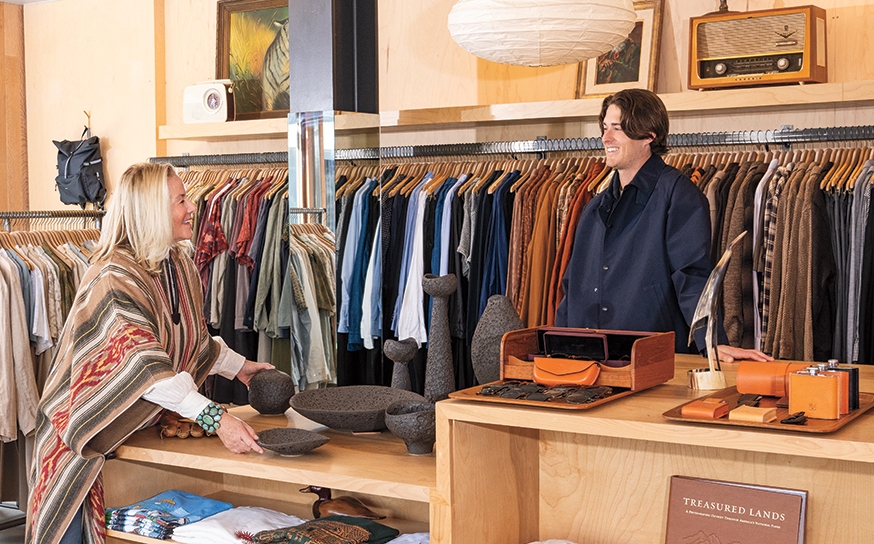Emmy Award-winning Cinematographer Colin Watkinson Relishes His Time Behind the Scenes and Wouldn’t Have It Any Different
The big picture.
- CategoryPeople
- Written byTanya Monaghan
Extremely humble and self-deprecating, it took some cajoling for Colin Watkinson to agree to be interviewed. His story is as interesting as he is talented. Yet this witty, charming man prefers to shun the limelight … choosing instead to let his stunningly beautiful work tell the story.
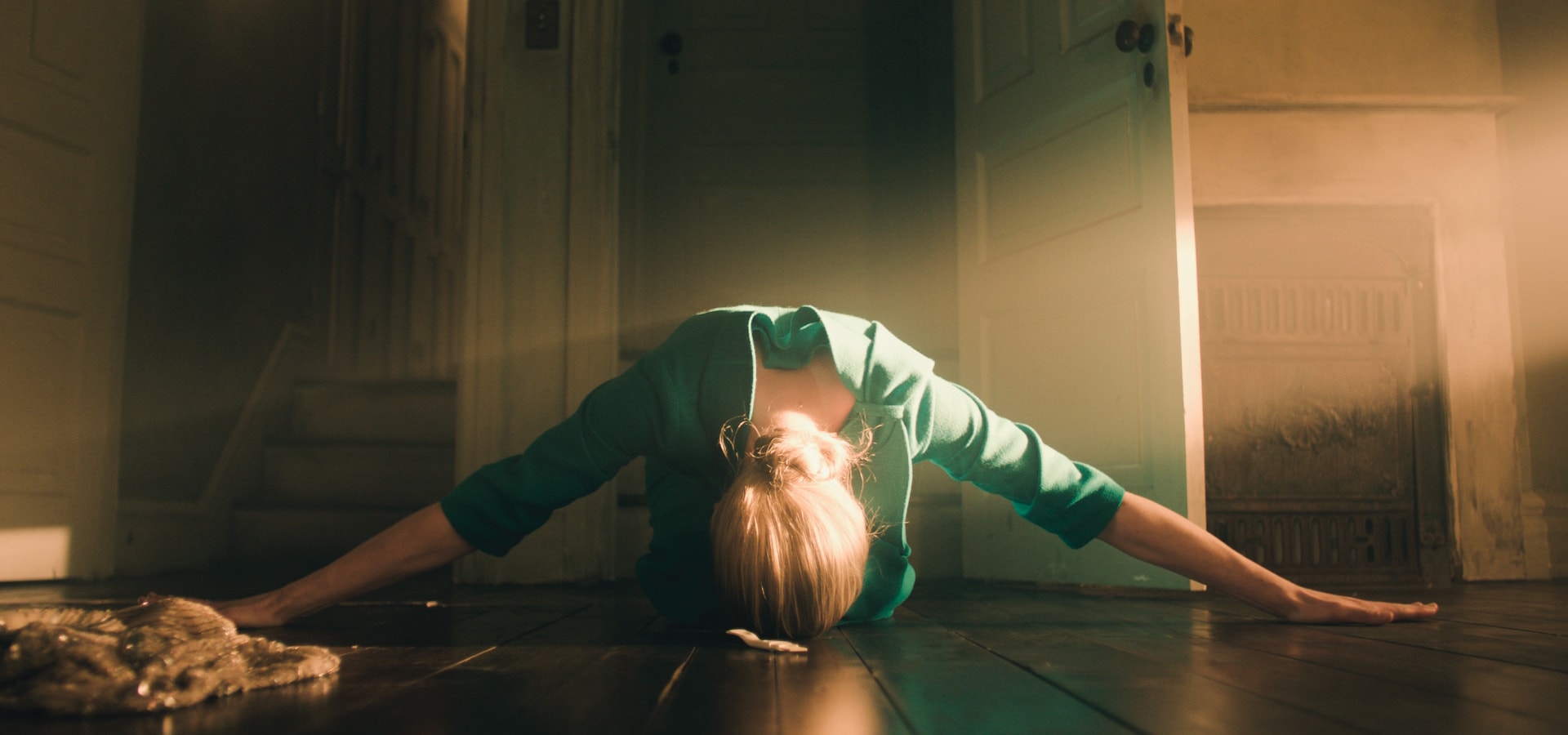
You can see this talent currently in the epic series The Handmaid’s Tale on Hulu. Colin won an Emmy award for cinematography on the show, beating out other visually stunning pieces such as The Crown, Stranger Things and Westworld. He also directed several episodes, expanding his considerable skills even further.
It was 2016 when Colin received the call from Reed Morano about The Handmaid’s Tale. The show, created by Bruce Miller, is based on the 1985 dystopian novel written by Margaret Atwood. The plot takes place in the future amid a totalitarian society where fertile women called “handmaids” are forced into childbearing slavery.
To visually translate such horror takes deep empathy. If you have watched any episodes, you can’t help but be captivated by the stylistic masterpiece—each frame a work of art. Colin’s unflinching approach to storytelling has earned him critical acclaim.
Daniel Fienberg of The Hollywood Reporter said The Handmaid’s Tale is “probably TV’s most breathtakingly shot show. For all the returning stars and writers and directors, cinematographer Watkinson practically deserves equal billing at this point.”
The story of The Handmaid’s Tale is an important one, says Colin when asked where he finds the courage to shoot what he does. And it’s one that desperately needs to be told right now. “Women have a perspective that is not seen enough. There’s a huge change happening right now, and that’s fantastic.”
Colin recognizes that real change will come when women are equally represented on-screen and off. Four of the five directors of the first season of The Handmaid’s Tale were women, including Reed.
We conducted the interview via Zoom during the COVID-19 lockdown, and it was ironic that Colin was in front of the camera for a change. The last thing he wanted to do was talk about himself, but I was curious about his unlikely journey from growing up in Liverpool, England—with aspirations of being a fighter pilot—to living in the South Bay and masterfully crafting award-winning screen gems.
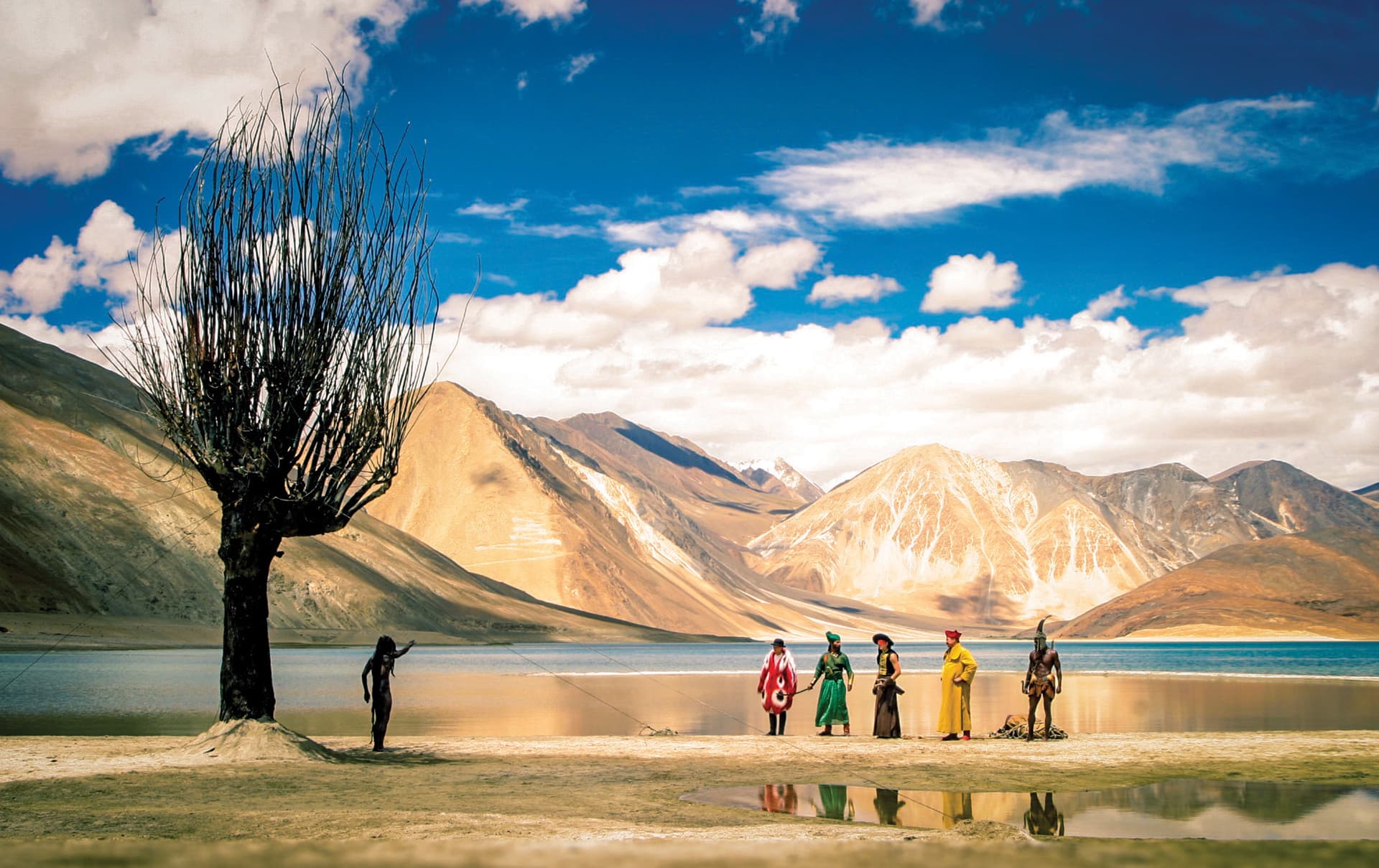
True to his self-deprecating manner, Colin began by telling me that he was never good at anything at school, but the seed of his love for film began sprouting when he was about age 9 or 10. “I had a friend who owned a projector. We designed a screen using the envelope of this gigantic card my mom had gotten for her birthday. One day we decided to take it to school to show cartoons at lunchtime.”
They would fill a classroom full of kids, charging 5 pence a show (which they gave to charity). It was a hit until the teachers eventually shut it down.
“Women have a perspective that is not seen enough. There’s a huge change happening right now, and that’s fantastic.”
Young Colin was obsessed with Star Wars so much that he ducked out of school to see the first one in 1977. He must have seen it 30 times in the cinema, obsessed with the special effects. Although Colin was passionate about movies, he didn’t see a future in making them in Liverpool.
He applied to the Royal Air Force at age 17. When his application was rejected, he decided to travel for a bit with a friend to take his mind off the disappointment. That trip sparked a love of travel that would become an enduring theme throughout his adult life.
At 18 he got a job in London doing quantity surveying, earning a degree while earning a pittance. After about a year of that he got an offer from someone to be a “runner” for a couple movie producers. This opened the door to the world he had only dreamed of.
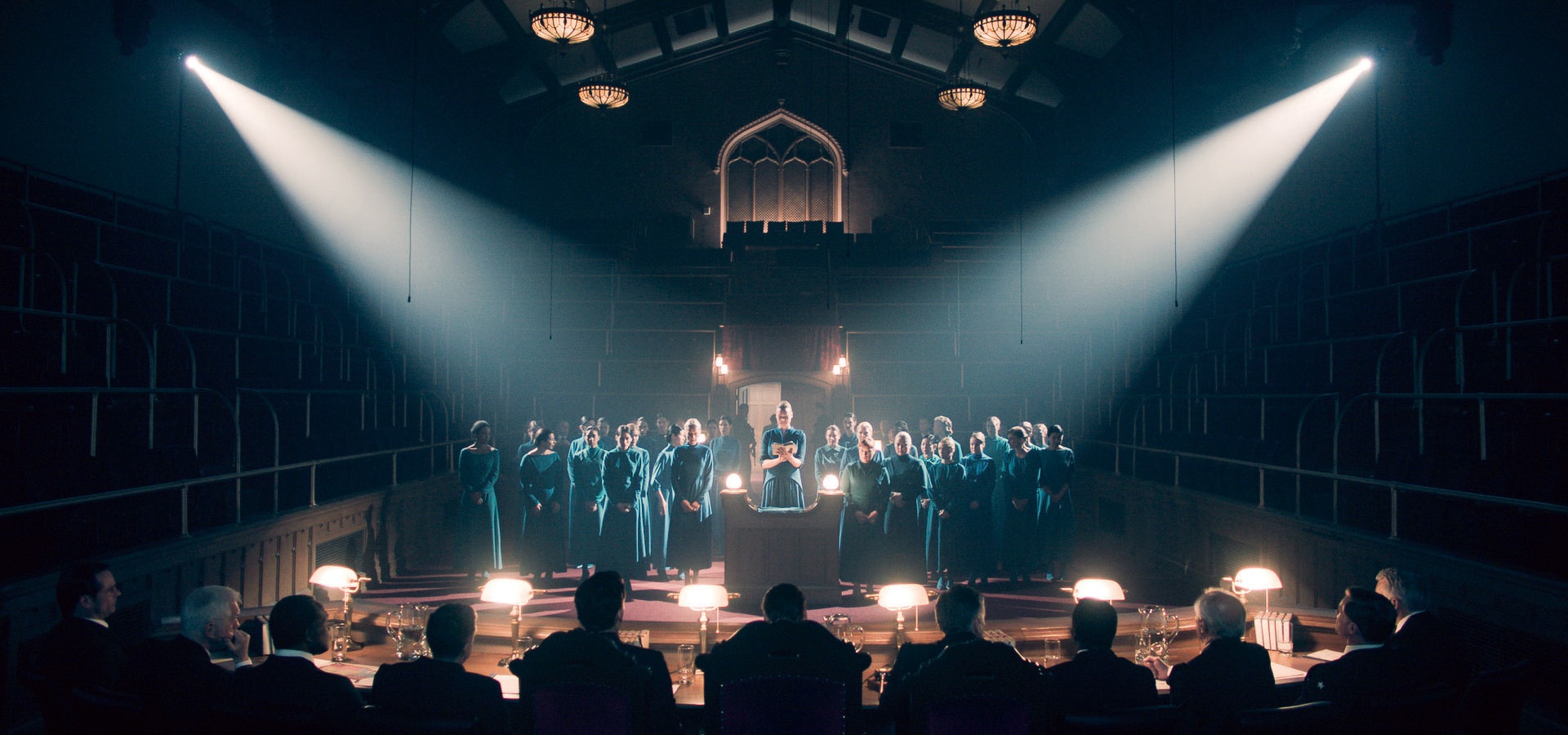
“All of a sudden—for the first time in my life—I knew what I was meant to be, but I had to fight my way into the camera department,” he says. “I didn’t want to be a DP [director of photography]—I was just happy to be there. I got into the union, but I was still kinda faking it.”
Colin didn’t have the best equipment, nor did he study film. But through what he would explain as luck, perseverance and connecting with the right people, he found a way in. A key player in changing the trajectory of his life was a guy named Tarsem Singh.
Tarsem was a young kid who came straight out of Pasadena ArtCenter College of Design swinging. Colin had never met anyone like him in his life. He had incredible confidence, and nothing could hold him back.
In 1992 he was responsible for the famous Levi’s “Swimmer” ad campaign, an account he acquired by showing the agency his storyboards, costumes and music for the idea—then demanding that it was all or nothing. Although he was just starting out, he wasn’t about to allow others to change his vision. This approach ended up being massively successful.
When the opportunity arose for Colin to travel the globe shooting with Tarsem, he didn’t hesitate. “I was just a kid at the time; I am not even sure if he knew my name.”
They worked nonstop year-round, and for the very first time Colin enjoyed being a student. He took in everything while he was assisting on these jobs—watching Tarsem do his magic week in and week out. “His composition is astounding, his movement impeccable.”
It was the best education he could receive. “Tarsem had done all the years at film school, worked out what he liked best, and I learned so much from observing him work,” Colin says.
Tarsem’s success afforded him the pick of just about any DP, and in 2004 he gave the job to Colin for his own movie called The Fall. The filming took about two years and was shot across the globe in South Africa, India, Fiji, Bali, Argentina, Rome, France and Spain. It was a beautiful film and there was a lot of interest from investors, but all the buyers wanted to change it in some way. Again Tarsem wouldn’t cave, and the movie earned limited recognition—including a cult following among film students.
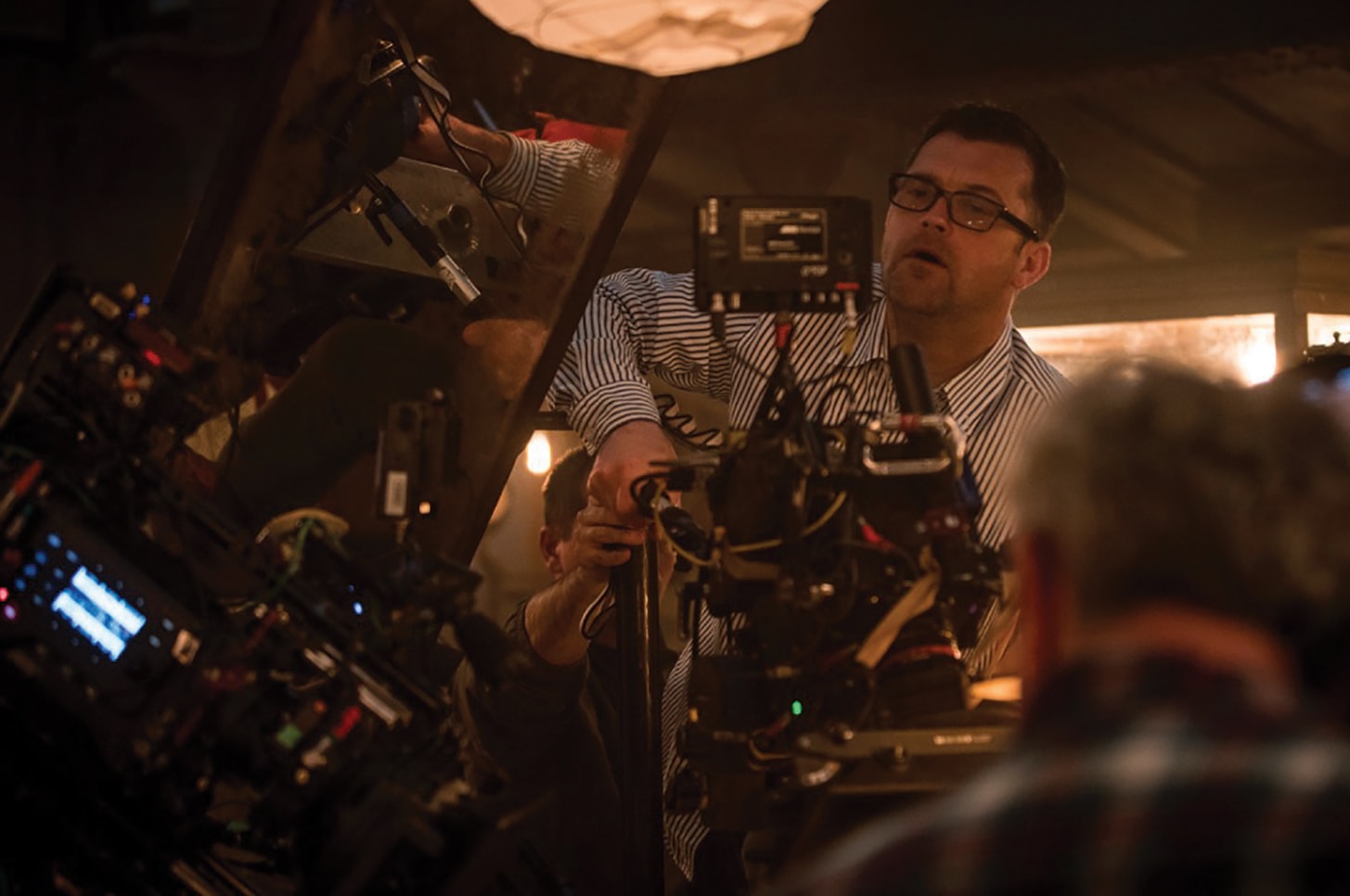
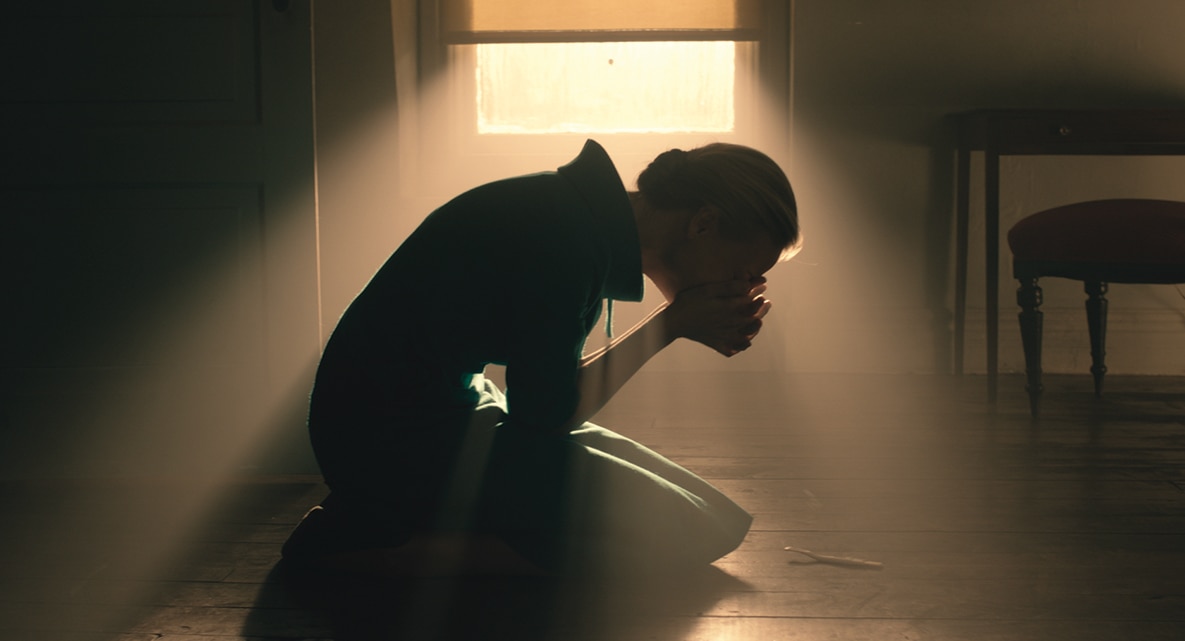
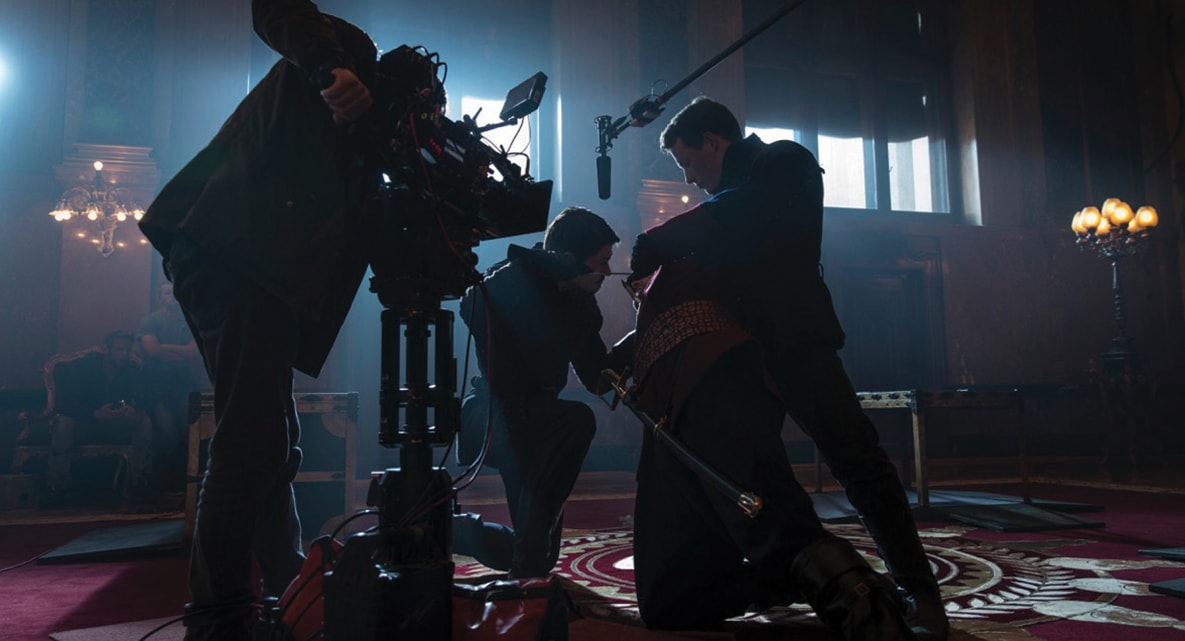
Colin found great success in his personal life too. He met his wife, Jo, in London in 1996. At the time he was living his dream, filming and traveling around the world. He remembers telling her at the very beginning of their relationship, “Listen, I travel a lot. There is going to be a lot of time when you are on your own.”
She understood and assured him she could cope with that. At the time she was 24, young and free, working full time and enjoying the London city life. “She signed on open-eyed, but it doesn’t make it any easier.”
Cut to a few years later. Colin was filming away on location for three months right after their first child, George, was born. They were also busy remodeling their home. “It was really strange coming back to a completely new home and a baby who I had been away from for so long,” he says.
That was always the most difficult aspect of Colin’s work, as it often took him away from home for months at a time. He is blessed with a very secure, strong and independent partner in Jo, who is able to raise two children with a husband who travels as much as he does.
In 2006 Jo and Colin tragically lost a good friend to cancer. It was the renewed perspective of the shortness of life that encouraged them to make the bold move to America with their two young children, George and Lola. On touching American soil, they deepened their commitment to one another by getting married in Las Vegas.
The couple’s introduction to the South Bay came from a friend Colin had made in the industry, Steve Fredriksz. He invited Steve and his family down to Manhattan Beach. “I remember Steve got pizza delivered to the beach, and I thought that was the best thing ever.”
Colin was working on the hit TV show Entourage when the young family found their home in Manhattan Beach. Career-wise, Colin was still navigating his way and trying to make a name for himself in a new country and culture. It was as though his previous work experience didn’t count and he had to earn his stripes all over again.
He picked up some commercial work and music videos, as well as “one disastrous film.” However, the silver lining of working on that film came in the connections he made. He still works with many of those same people today.
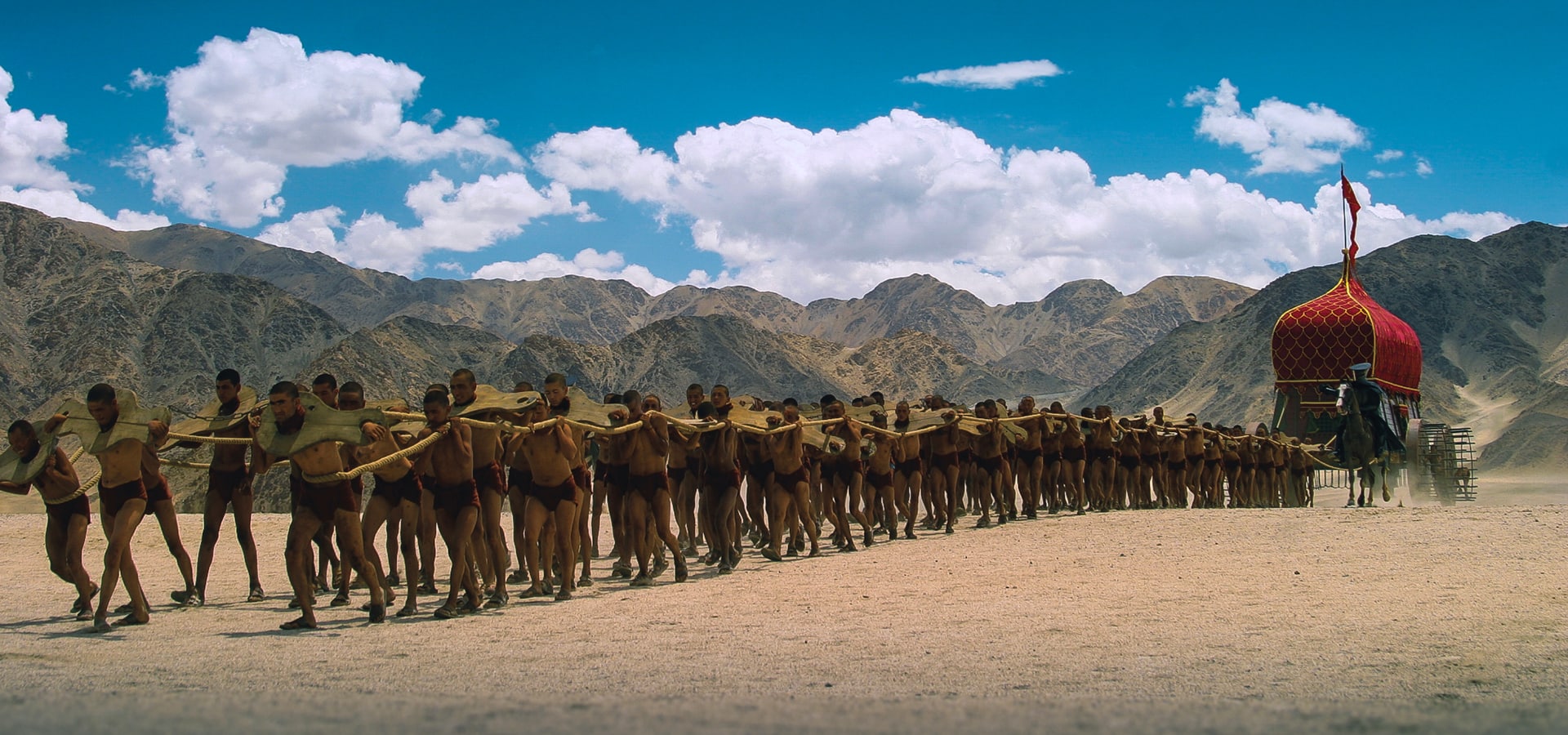
He reunited with Tarsem for a modern remake of The Wizard of Oz called Emerald City. It was shortly after the first season that the call for The Handmaid’s Tale came. Everything for Colin was crystal clear after shooting episode 1—this was going to be big.
Colin has since been nominated three times for an Emmy; the first one in 2017 was part of a clean sweep across the board for The Handmaid’s Tale. The first season won eight Primetime Emmy Awards from 13 nominations. It is the first show produced by Hulu to win a major award as well as the first series on a streaming service to win an Emmy for outstanding series. When Elisabeth Moss won for outstanding lead actress, the first person she thanked in her acceptance speech was Colin.
Of all the glamorous experiences and awards, the story Colin chooses to recount demonstrates his self-deprecating style once again. At the first Emmy Award show, he didn’t believe he would win. “I was so clearly ill-prepared. The president of the Emmys came to me afterwards and said, ‘Your speech was shit.’”
During season 3 Colin received the highly prestigious American Society of Cinematographers (ASC) Award. Colin is now not only a member of the ASC but he also has a British Society of Cinematographers (BSC) accreditation. This recognition means a lot to him, since only peers in the industry are allowed to vote.
Although quarantine has stopped production on his current project—an Amazon show called The Power (again a partnership with Reed)—the break has given Colin the luxury of time with his beloved family. “What’s most important to me during this time is being with each other, just enjoying having every meal together.”
Reflecting on all his blessings, Colin shares, “All of what I’ve been able to experience wouldn’t have been possible without Jo. She’s not only my wife but my business partner. We take every job very seriously. We discuss it to the nth degree—especially if it’s going to take me away from the family. It was actually Jo who said ‘yes’ to The Handmaid’s Tale. I had just been away for nine months when the offer came through, but she insisted I take the job. She said to me, ‘I think this is the one.’ She saw it from the beginning. It hasn’t always been easy, but she has always been super supportive. I couldn’t do it without her. Before, when I came out from England to America to explore work opportunities, I was in isolation. Now we are doing isolation together.”






